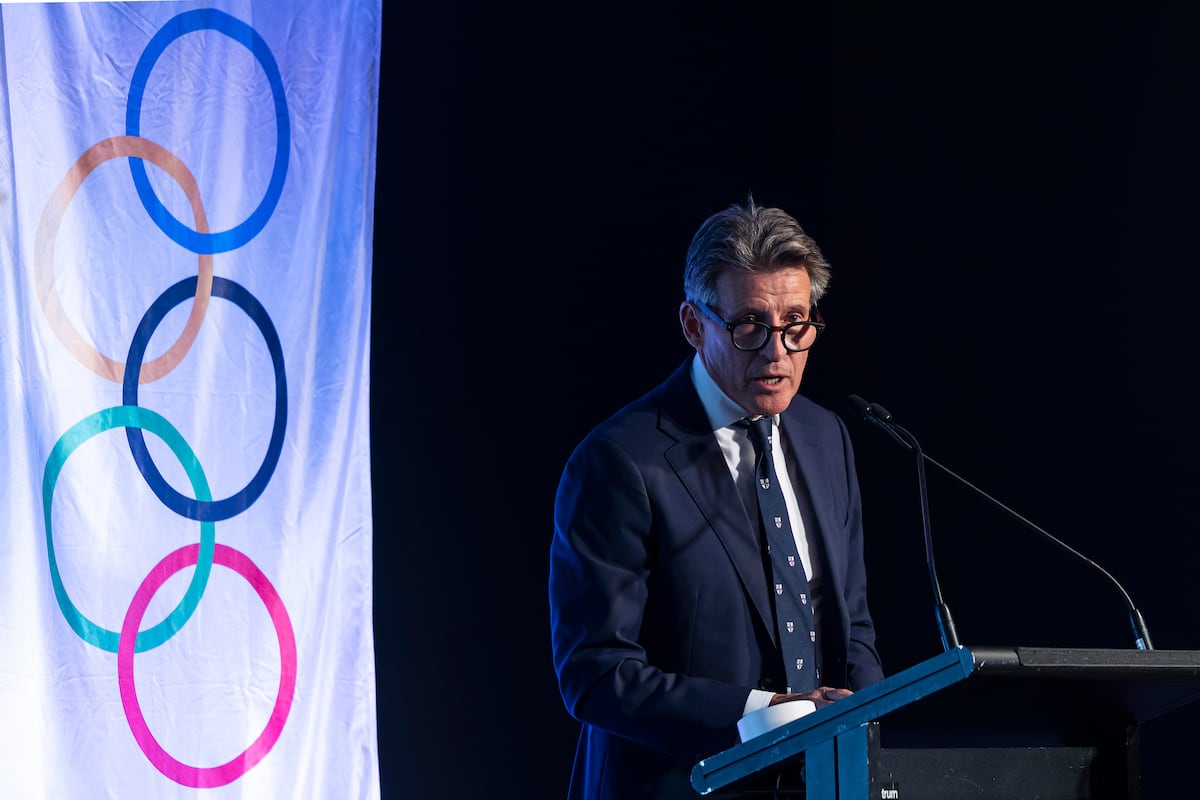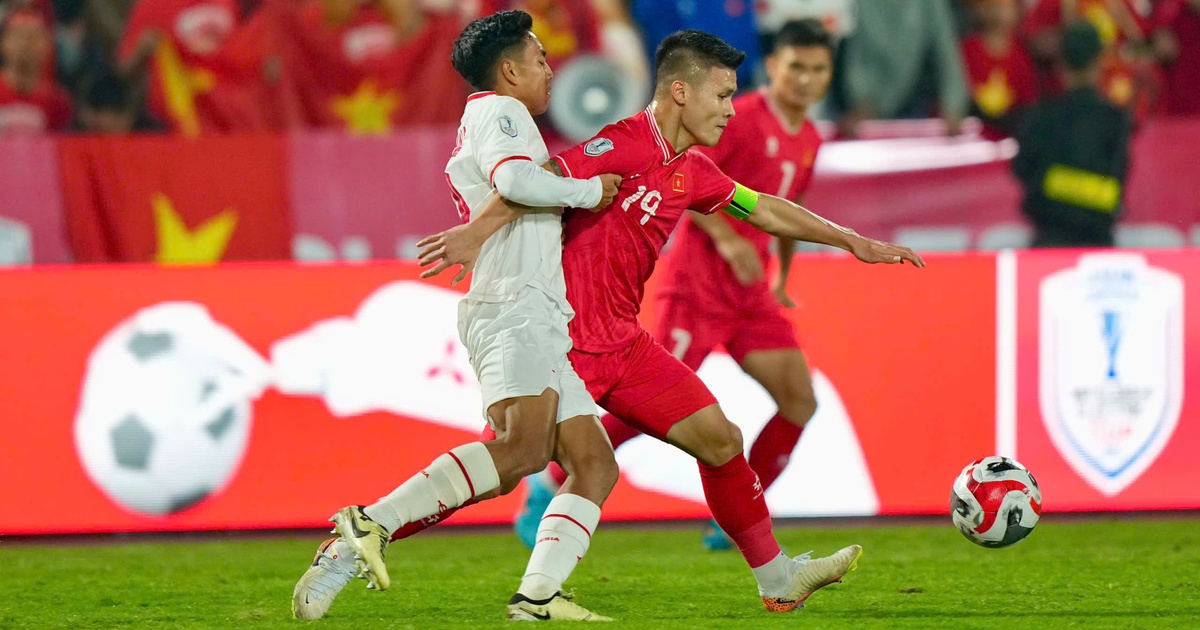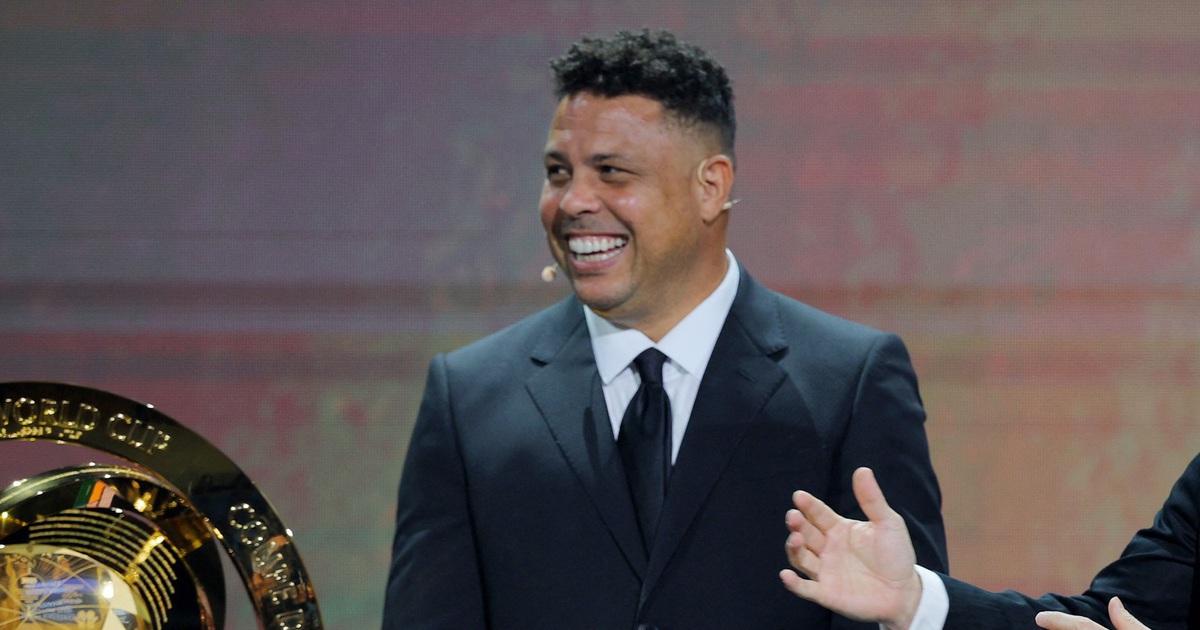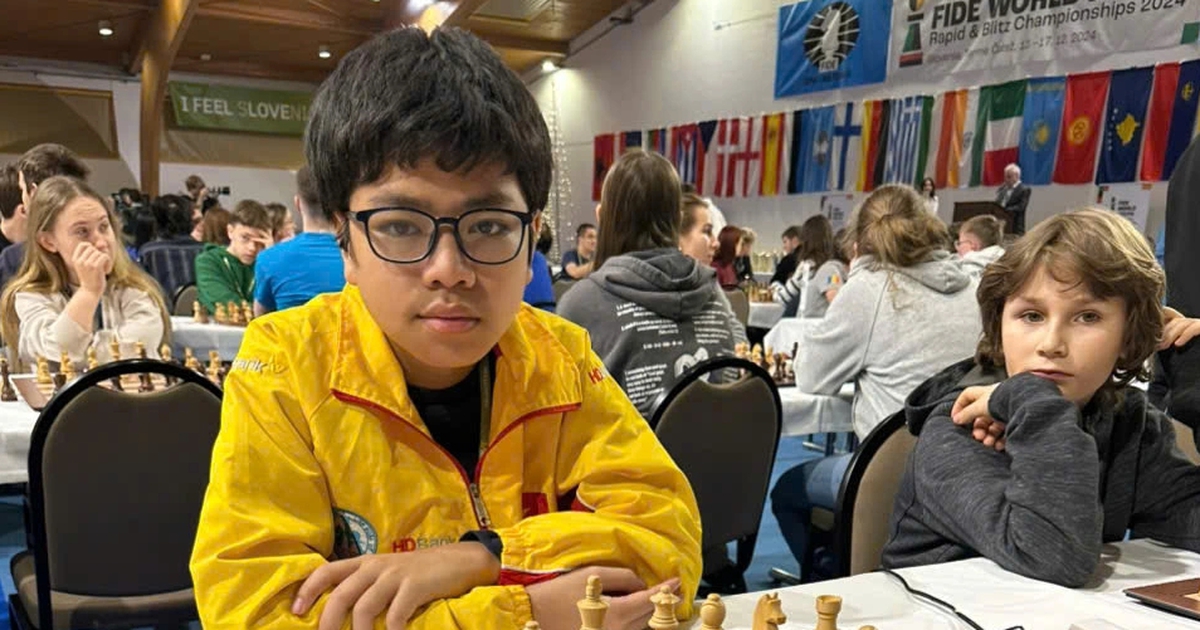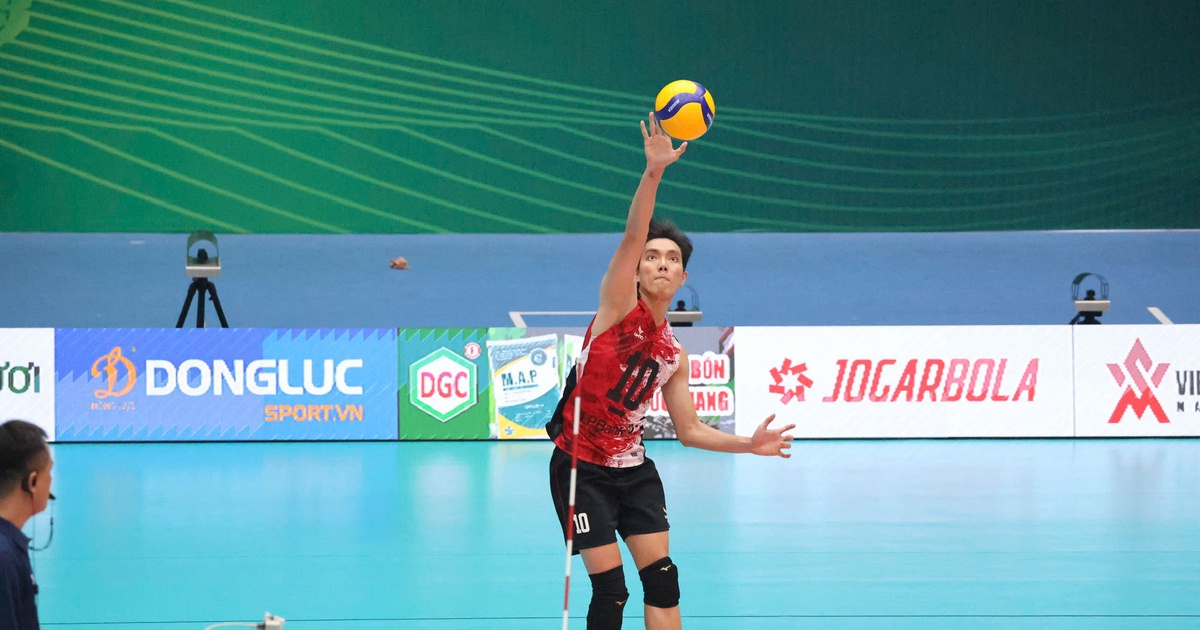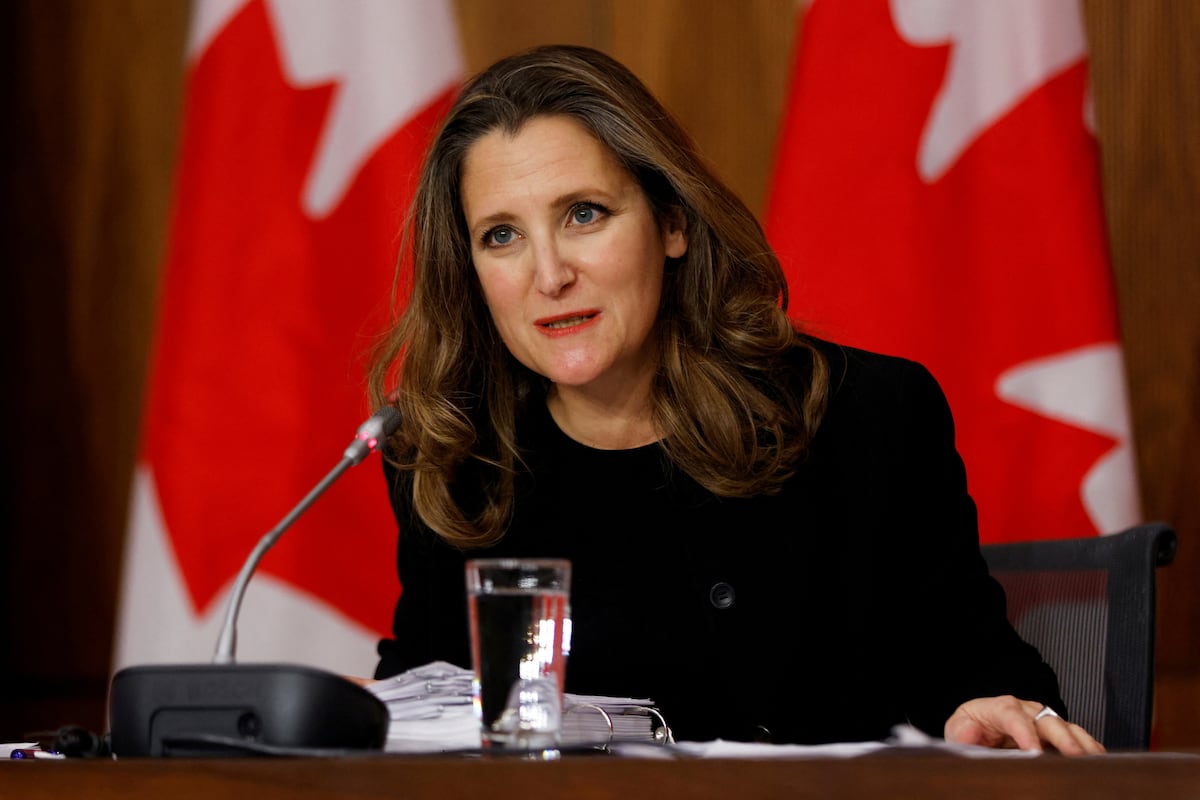When asked why he has committed the sacrilege of financially rewarding the champions of the Olympic Games, where only glory and laurels should fulfill the aspirations of athletes, Sebastian Coe responds with a story. He says that when he goes to enjoy the Carifta Games, the athletics championships for those under 17 years of age in the Caribbean, he shares space at the foot of the track with agents sent by universities in the United States to recruit athletes. “The Carifta Games are the birthplace of the best sprinters in the world. From there came from Don Quarrie in the 70s to Usain Bolt or Shelly-Ann Fraser-Pryce in this century,” says the president of World Athletics (WA), the international federation. “And there are as many agents and coaches recruiting for basketball and the NFL as there are for athletics. So we have a challenge. We all pursue the same ambition, which is to keep our best athletes in sport for as long as possible in the best possible conditions. If you are an athlete you have a transferable, grassroots sporting talent that is in high demand by many, many other sports. Athletics is the mother of all sports.”
Coe, one of the seven candidates for the presidency of the International Olympic Committee (IOC) in the elections next March, speaks with Morning Express a few days before Jordan Díaz received an income of 50,000 dollars (about 47,500 euros) in his checking account , and $25,000 each, María Pérez and Álvaro Martín, a gold medal for two, and like them, the remaining Olympic champions in athletics at the Paris Games. The international federation thus fulfills the promise made in April that it would allocate $2.4 million of its share of the IOC’s profit distribution to financially reward its gold medalists in Paris. “It’s not just about the money, but about seeking more equality and justice in the distribution,” says Coe, president of the only international federation that distributes part of its Olympic income directly among its athletes, and his decision has raised blisters and criticism in an Olympic movement that earned 7.6 billion dollars in the previous Olympic cycle, Tokyo 2021. Of this benefit, it distributed 540 million among the 31 international summer federations that complete the Olympics program. Games. The remaining 30 dedicate their income to their operation. Some, even, to their survival as an organization.
“The way WA decided the cast is an example of my leadership style. It was not a unilateral decision. It was a decision that went through the executive board, the council, our competition commission, and we arrived at a consensual position,” adds Coe, who, as a great football fan, Chelsea specifically, uses a football metaphor to illuminate his Olympic election campaign: “Sometimes you have to step on the ball, stop, look around and think a little, and that’s what these elections should be for.” “The reality is that, since my first speech before an Olympic Congress, in 1981, I have always talked about the well-being of athletes. I have talked about your financial security. I’ve talked about understanding the contribution they make to our business programs. We are what we are thanks to our athletes. We are not what we are because of our sustainability strategies or our approach to development or our human resources policies. We are what we are thanks to our athletes. And I never, ever want to wake up in whatever time I have left, thinking about any sports organization I’m working for where athletes are anything other than the most important element we’ll ever have.”
Both Coe and the remaining six candidates to succeed Thomas Bach – the Spaniard Juan Antonio Samaranch, the Zimbabwean Kirsty Coventry, the French David Lappartient, the Jordanian Prince Feisal Al Hussein, the British Johan Eliasch and the Japanese Morinari Watanabe – have already sent their electoral programs to the IOC, which, according to the published calendar, will make them public on January 30. The election will take place in Athens between March 18 and 21.

